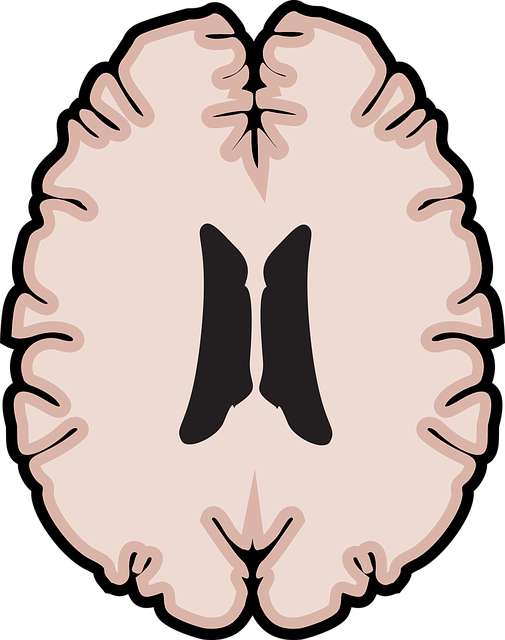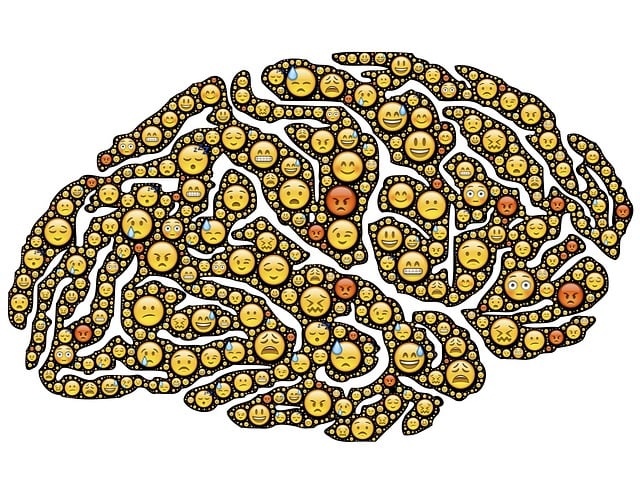In Colorado Springs, the Russian-speaking community faces unique mental health challenges due to cultural stigma, leading many to suffer silently. To address this issue, a multifaceted approach is needed that includes mental health policy advocacy with cultural sensitivity, tailored coaching programs, and empathy-building strategies. By combining these initiatives, Colorado Springs can create an inclusive environment where individuals feel comfortable seeking help for their mental health concerns, ensuring better access to Colorado Springs Russian Speaking Therapy. Through education, safe spaces, and compassionate care, the community's well-being can be significantly improved.
“Mental illness stigma remains a significant barrier to treatment, especially within diverse communities like Colorado Springs’ Russian-speaking population. This article delves into the profound impact of stigma and explores strategies to reduce it. We examine the unique challenges faced by Russian-speaking individuals in seeking therapy in Colorado Springs, highlighting the crucial role of cultural sensitivity. Furthermore, we present effective initiatives by local therapy services that challenge stigma and foster a more supportive environment for mental health care.”
- Understanding Stigma and Its Impact on Mental Health in Colorado Springs' Russian-Speaking Community
- The Role of Cultural Sensitivity in Reducing Stigma: A Focus on Russian Speaking Therapy
- Effective Strategies for Challenging Stigma: Initiatives by Colorado Springs Therapy Services
Understanding Stigma and Its Impact on Mental Health in Colorado Springs' Russian-Speaking Community

In Colorado Springs, the Russian-speaking community faces unique challenges when it comes to mental health due to stigma. This cultural barrier significantly impacts access to Colorado Springs Russian Speaking Therapy services and overall well-being. Many individuals struggle in silence, avoiding discussion about their mental health issues due to fear of judgment, discrimination, or a lack of understanding from their peers and family. This stigma often results in delayed treatment-seeking behaviors, leading to more severe conditions that are harder to treat.
Efforts to reduce stigma within this community require a multifaceted approach. Mental Health Policy Analysis and Advocacy can play a crucial role by ensuring cultural sensitivity is incorporated into mental health policies and services. Mental Wellness Coaching Programs Development tailored to meet the specific needs of Russian speakers can foster open dialogue, build trust, and provide much-needed support. Empathy Building Strategies that promote understanding and acceptance are vital in breaking down barriers. By combining policy changes, targeted coaching programs, and empathy-focused initiatives, Colorado Springs can create a more inclusive environment where individuals feel comfortable seeking help for their mental health concerns.
The Role of Cultural Sensitivity in Reducing Stigma: A Focus on Russian Speaking Therapy

In efforts to reduce the stigma surrounding mental illness within diverse communities, cultural sensitivity plays a pivotal role. Russian-speaking communities in Colorado Springs face unique challenges when it comes to seeking therapy due to language barriers and cultural differences. Providing culturally competent care is essential to breaking down these barriers and fostering trust. Therapists must approach treatment with an understanding of the community’s specific needs, beliefs, and values related to mental health. This involves learning about traditional healing practices, family dynamics, and any potential taboos surrounding emotional expression within Russian-speaking households.
By incorporating cultural sensitivity into therapy sessions, professionals can create a safe and supportive environment. They can utilize interpreters or bilingual therapists to facilitate effective communication while respecting the client’s cultural context. Moreover, educating the community about mental health through culturally tailored programs, workshops, and awareness campaigns can help promote understanding, empathy, and reduced stigma. This holistic approach, combined with strategies like risk management planning for mental health professionals and incorporating practices such as emotional intelligence and mindfulness meditation, has the potential to significantly impact the well-being of Russian-speaking individuals in Colorado Springs.
Effective Strategies for Challenging Stigma: Initiatives by Colorado Springs Therapy Services

Colorado Springs Therapy Services has been at the forefront of stigma reduction efforts, utilizing innovative strategies to create a more compassionate and understanding community. One key approach is through Compassion Cultivation Practices, encouraging individuals to challenge their preconceived notions about mental illness by fostering empathy and connection. These practices involve mindful listening, self-reflection, and cultivating positive emotions, all of which contribute to breaking down barriers and reducing stigma.
Additionally, the services offered focus on Burnout Prevention Strategies for Healthcare Providers, recognizing that front-line workers often bear the brunt of societal attitudes towards mental health. By providing support and resources for these professionals, they can better care for others while maintaining their own mental wellness. They also promote Mental Wellness Journaling Exercise Guidance as a powerful tool for individuals to track their emotional well-being, understand triggers, and develop coping mechanisms, ultimately empowering them to take charge of their mental health journey.
Mental illness stigma reduction is a multifaceted endeavor, especially within diverse communities like Colorado Springs’ Russian-speaking population. By understanding the unique challenges and incorporating culturally sensitive approaches, such as those employed by local Russian-speaking therapy services, significant progress can be made. Initiatives focused on education, awareness, and direct engagement have proven effective in challenging stigmatizing attitudes. Continued efforts to integrate these strategies will foster a more inclusive environment, improving access to mental health support for all residents of Colorado Springs.













